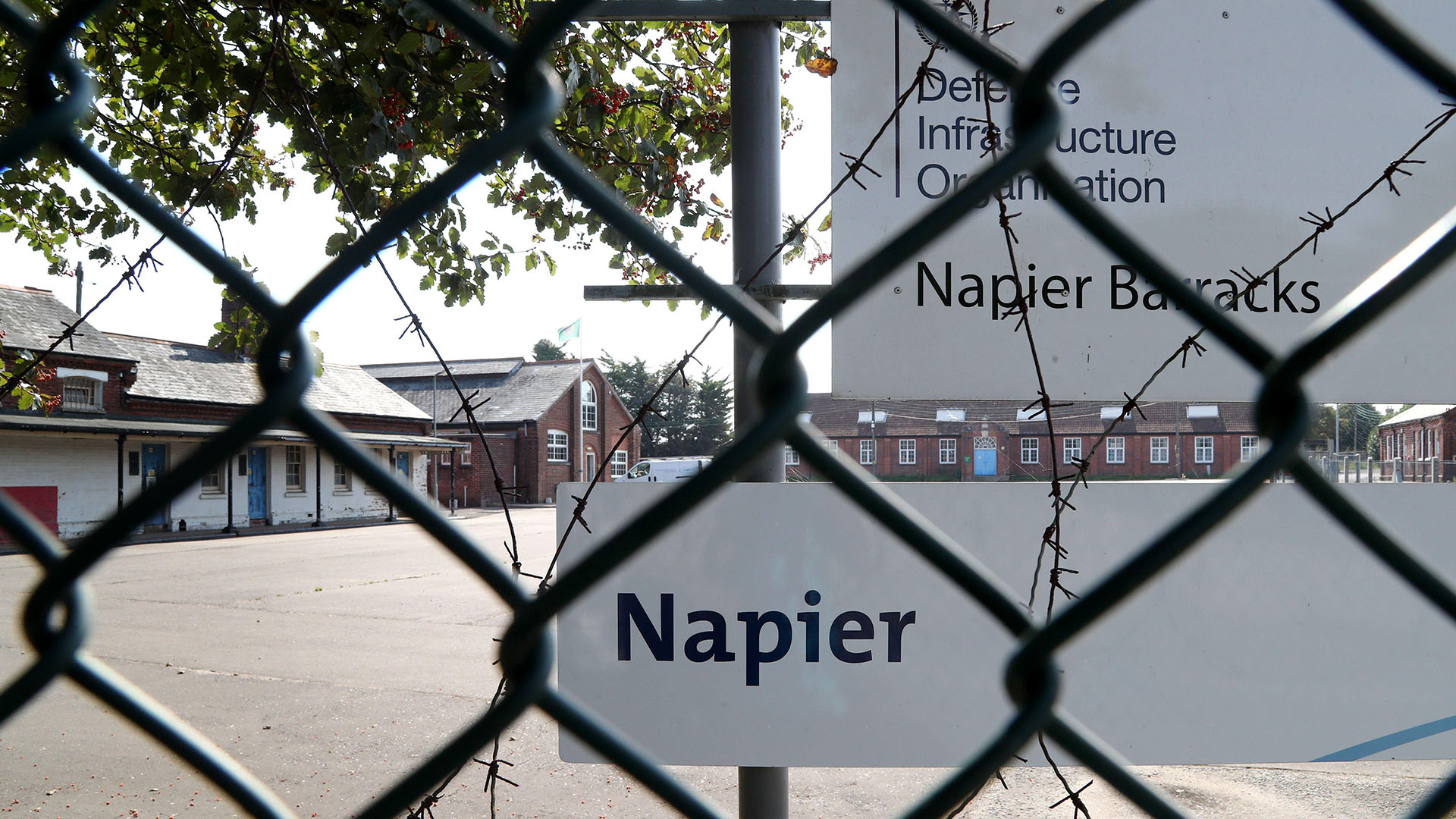For people like me, who once worked, built, taught and served in our communities, this waiting is devastating. It is a slow erosion of dignity. It is not just the loss of time – it is the silencing of potential. Imagine skilled doctors, teachers, engineers and entrepreneurs being left idle, their talents locked away behind bureaucracy. That is the reality inside the UK asylum system.
At the same time, I feel deep sympathy for people in the UK who look at the refugee and asylum crisis with frustration. On 13 September and beyond, many have voiced anger, saying we ‘take over everything’ while living in hotels. But let me be clear: we are not here to stay in hotels and eat. We do not want idleness. We want to contribute. We want to use our skills, to support ourselves and to serve the communities we now live in. Being blamed for taking everything when in reality we have nothing is painful.
When did it become a crime to be a refugee? To seek safety from war, persecution, and violence? I wish those who spread hatred – like Tommy Robinson and others – could spend just one week in Napier Barracks, cut off from work, isolated from society, uncertain of the future. Only then would they understand what it feels like. I can feel and understand their anger, but I ask them in turn to feel and understand ours. We did not choose exile. It was forced upon us.
And yet, even in this enforced idleness, there are glimmers of hope. In Napier, friends have stepped up to help one another – offering free English classes, organising small activities and finding ways to bring laughter and dignity to those who struggle with little English.
Beyond the barracks, local communities in Folkestone and Hythe have opened doors through volunteering opportunities. Groups like the Hythe Environmental Community Group have given us a chance to contribute, to feel useful again, and to give back to the very society we want to be part of. These moments remind us that, despite the barriers, we still carry potential – and that kindness from local people can make all the difference.
I must express deep gratitude to Napier Friends, whose mission and actions have meant more than words can say. Their work – helping people seeking asylum to learn English, find their feet in British life, offering meaningful activities that improve health and wellbeing, and building connections with the local community – has given many of us strength and purpose. In a place where so much feels out of our control, Napier Friends have given us possibility, dignity and belonging.
The truth is, refugees and asylum seekers are not a burden – we are people with skills, experiences and dreams. We once contributed to the growth of our communities back home, and we long to do the same here in the UK. But the current system leaves us idle, wasting years of talent and energy that could be helping to build stronger communities and a better society for all.
Giving asylum seekers the right to work is not charity – it is common sense. Allowing us to use our skills would ease the burden on the state, strengthen local communities and restore dignity to people whose lives are on hold.
Refugees are more than statistics. We are teachers, builders, carers, innovators and leaders. Many of us risked our lives for values of freedom and justice. We should not be left to wither away in silence.
I left Somalia because I had no choice. But here in the UK, I still have a choice: to hope, to dream and to speak. My story is just one among thousands. All we ask is the chance to stand again – not as idle exiles, but as active contributors, as we once were at home.
Do you have a story to tell or opinions to share about this? Get in touch and tell us more.
Reader-funded since 1991 – Big Issue brings you trustworthy journalism that drives real change.
Every day, our journalists dig deeper, speaking up for those society overlooks.
Could you help us keep doing this vital work? Support our journalism from £5 a month.





